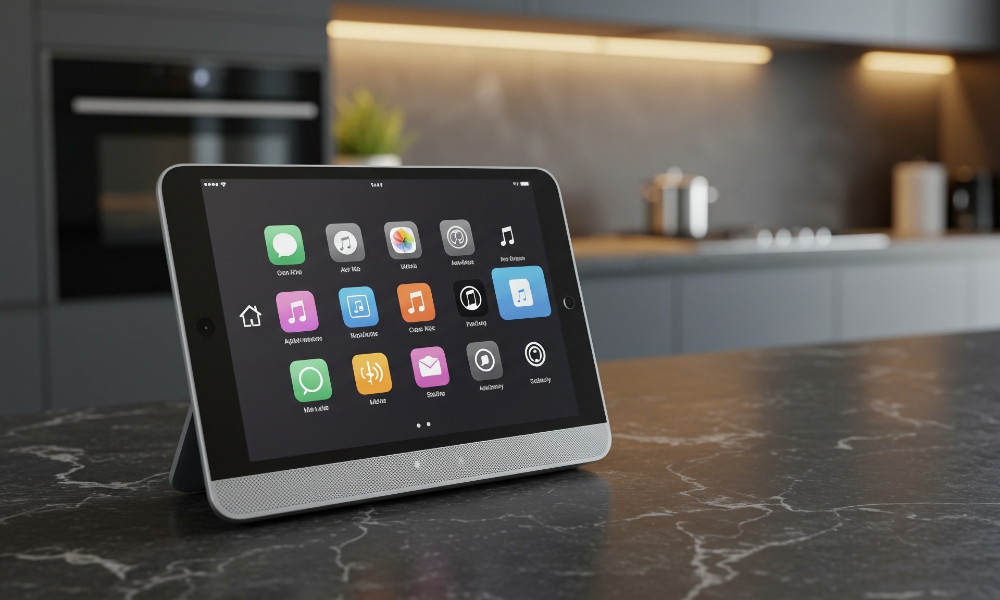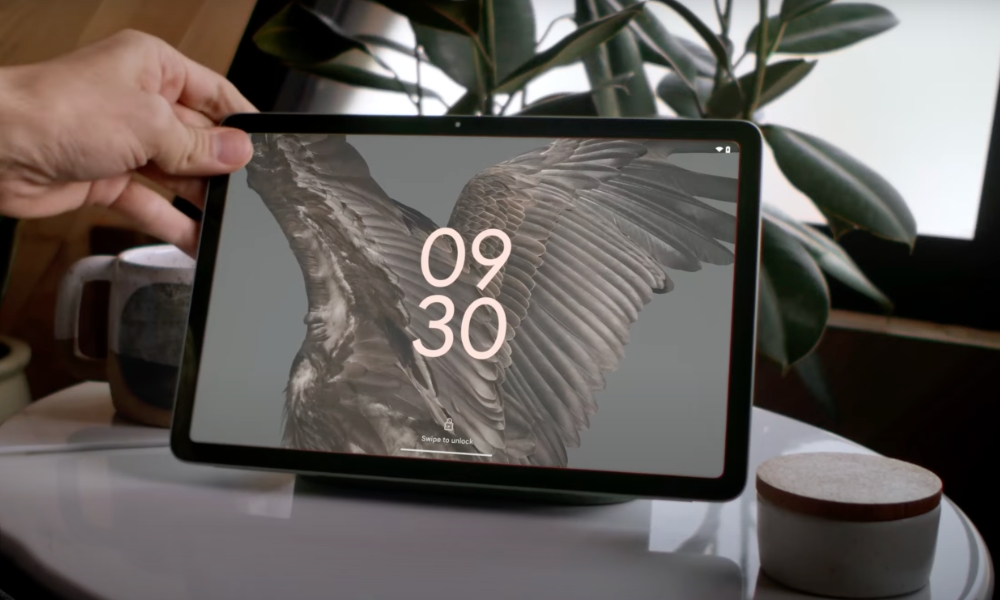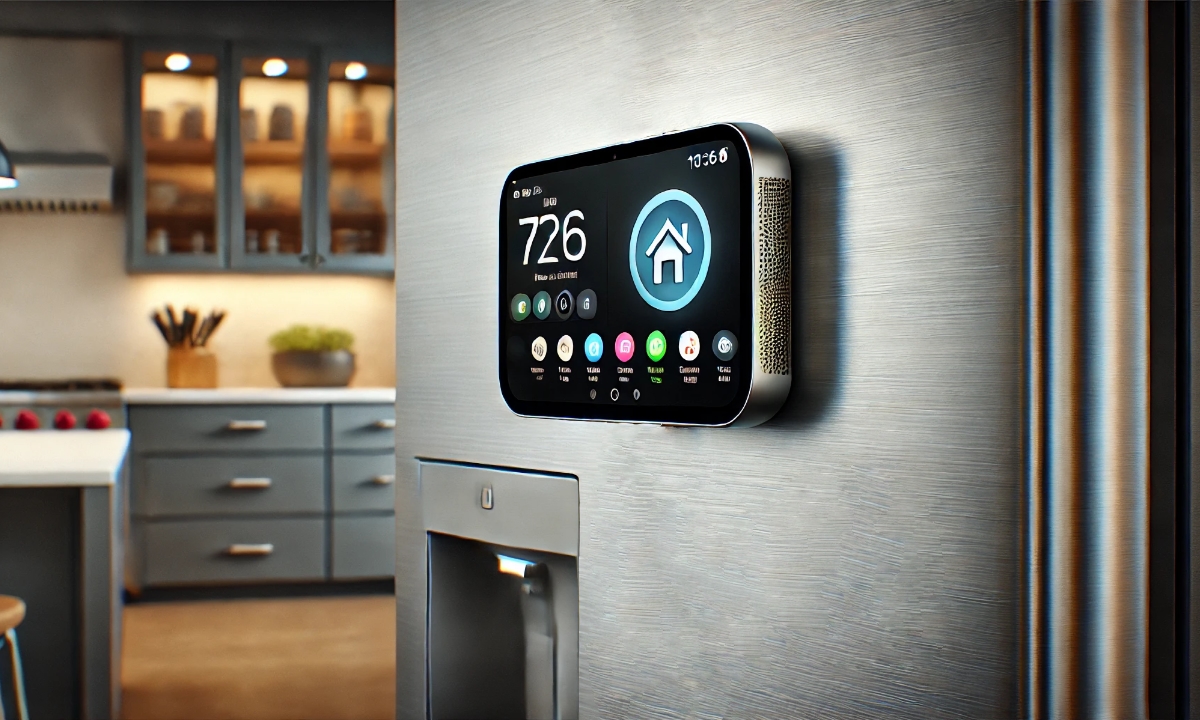Siri Pushes Apple’s Home Hub Into 2026

Toggle Dark Mode
If you were hoping Apple will release a significant new smart home product this year, you may want to temper your expectations. Bloomberg’s Mark Gurman recently doubled down on an earlier prediction that Apple’s anticipated “Home Hub” won’t see the light of day before 2026.
Apple’s HomeKit technology has led the pack in some ways, but one area in which Apple has fallen woefully behind is in offering a real smart home hub. Even as Google and Amazon surged forward with Nest Hub and Echo Show devices, Apple seemed to think its customers were just fine relying on their iPhones, iPads, and Siri.
Over the past several years, it’s been clear that Apple is working on something to bridge this gap. However, Apple’s living room strategy has been all over the place, making it challenging to figure out what it has in mind. Since 2021, we’ve heard reports of all manner of new smart home devices, from a HomePod with a screen to a tabletop device with a robotic arm. It wasn’t until last year that these began to gel into a tangible product, when Gurman reported that a wall-mounted home hub was on the way, powered by a new “homeOS” platform.
Sources say the new device features a square six- or seven-inch screen and is “about the size of two iPhones side by side.” It has a camera for FaceTime, a rechargeable battery, and internal speakers. It would be designed with the option for mounting on a wall or placing on a tabletop using a docking base that will also include speakers, similar to what Google did with its first-generation Pixel Tablet.
At the time, it seemed plausible that Apple would be ready to ship the new device earlier this year. However, by the time February rolled around, Gurman had revised his prediction to say that it wouldn’t likely happen, even though the hardware was ostensibly almost ready to go. Employees were even reportedly testing units in their own homes to provide feedback.
However, the real problem lies in the software. Apple expected its Home Hub to lean heavily on its much more intelligent and personally aware Siri, which has fallen far behind its original schedule. Following this year’s Worldwide Developers Conference (WWDC), Apple’s senior marketing VP candidly admitted what most of us already strongly suspected: the new Siri won’t be ready before 2026.
Where the new Siri goes, the new Home Hub follows. As Gurman said last week in an early 2026 product roadmap and yesterday’s Power On newsletter, Apple isn’t even planning to try and ship the device until it’s worked out all of its issues with Siri.
This device — code-named J490 — was postponed because it made heavy use of the Siri features originally planned for iOS 18.4. Those capabilities (now delayed) would let the voice assistant tap into personal data to fulfill queries and take advantage of the information on a user’s screen. The hub also is dependent on a new version of App Intents, which would allow Siri to more precisely control applications and functions. The device is meant to be operated primarily via voice, something App Intents enables. At this point, I have little to no expectation that the product will arrive this year. Instead, I’d expect it in 2026 — around the same time the new Siri finally launches.
Mark Gurman
This isn’t a huge surprise, as it aligns with what we heard in April. However, it also helps put a rest to any theories that Apple might have been planning to ship the Home Hub early without the advanced Siri capabilities and add them later as a software update.
There’s still a decent chance we’ll see a new Apple TV and HomePod mini this fall, but those are likely to be little more than iterative updates on Apple’s well-established products. There are also reports of a display-equipped HomePod, but it’s never been entirely clear which of these rumors overlap with the mythical Home Hub and which refer to a standard HomePod with an LCD panel on top.
That device may also still be on the late 2025 roadmap, but we’ve also heard so little about it in recent months that it’s hard to say. Apple’s home products typically fly below the radar because they’re not as interesting to leakers, and the iterative updates don’t stand out nearly as much.
[The information provided in this article has NOT been confirmed by Apple and may be speculation. Provided details may not be factual. Take all rumors, tech or otherwise, with a grain of salt.]









